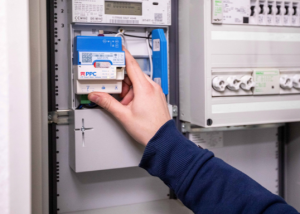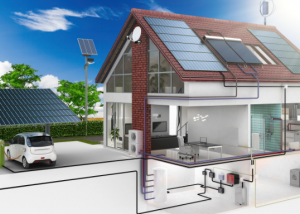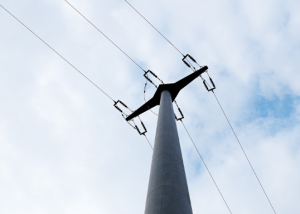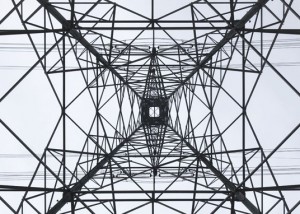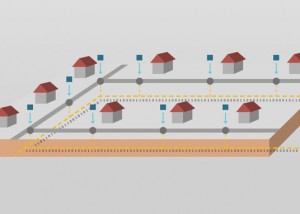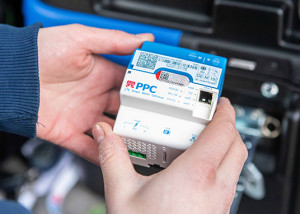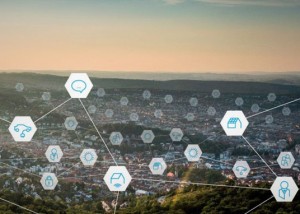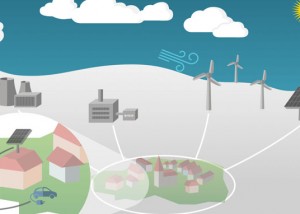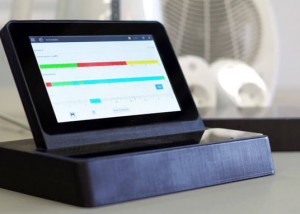Fühler im Netz 2.0 – The sensors in the distribution network are spreading
What has happened so far…
Building on the “Fühler im Netz (FiN) (Sensors in the Grid)” research project, FiN 2.0 tests large-scale solutions for grid status monitoring using Big Data and artificial intelligence.
The FiN project, which was successfully concluded in 2017 after a three-year term, has succeeded in demonstrating the first practical solutions for the three central challenges of network operation:
- Systematic rollout of network condition monitoring
- Condition monitoring of network equipment
- Establishment of an efficient communication infrastructure
The FiN approach – i.e. to analyse the data transmission itself using broadband powerline communication and at the same time measure the local voltage – is a cost-effective method for real-time network monitoring as well as for recording the condition of cables and Systems.

Based on the results from ” Sensors in the Grid” the sensor BPL modem 4NQ was developed, which combines the acquisition of the BPL spectrum and an integrated sensor technology. This enables – without the need for an additional measuring box – a comprehensive voltage measurement with which network conditions can be continuously recorded and analysed. A continuous, three-phase measurement of
- Tensions
- Phase angles (between voltages)
- THD (Total Harmonic Distortions)
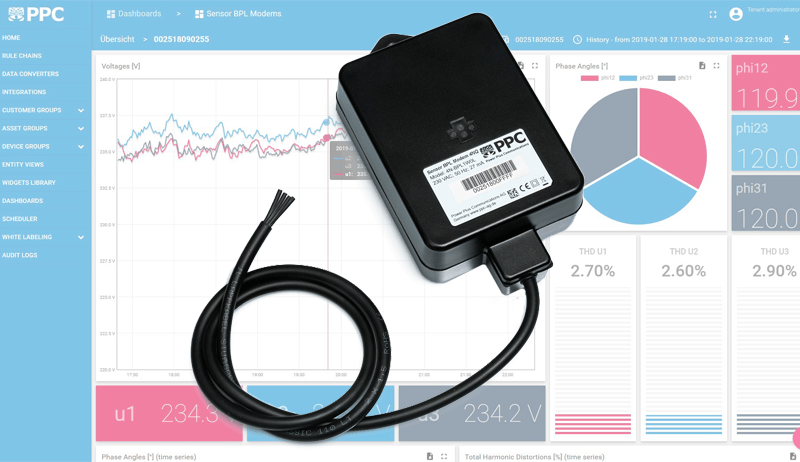
And so it goes on…
“Sensors in the Grid 2.0” uses the findings of the previous project and focuses on extending the possibilities for plant and grid condition monitoring in a large-scale field test. In this context, optimisation potentials are to be raised which result from the acquisition and automated evaluation of mass data on a large scale. For both core elements of the FiN approach, i.e. for BPL spectrum analysis as well as for the recording of local voltage, big data analyses and methods of artificial intelligence are used for this purpose. In addition, a further development of the decentralised network automation based on the measured values of the sensor BPL modems will take place within the project.
Big Data
In a large field test, more than 3500 BPL sensor modems will be installed in the network areas of the Netze BW, Mainzer Netze and Energieversorgung Leverkusen (EVL). These will collect data in a high temporal resolution about the local network status (especially voltage) and the condition of cables and installations. As a result, large amounts of data are generated within a very short time, which can be used for detailed Analysis.
Artificial Intelligence
The generated data is collected using mass data processing methods and examined for patterns and anomalies using AI algorithms. In this way, a prediction of the stress curve and the asymmetry between the phases can be determined. In the future, these findings will be particularly relevant for the integration of e-mobility in the Distribution networks.


